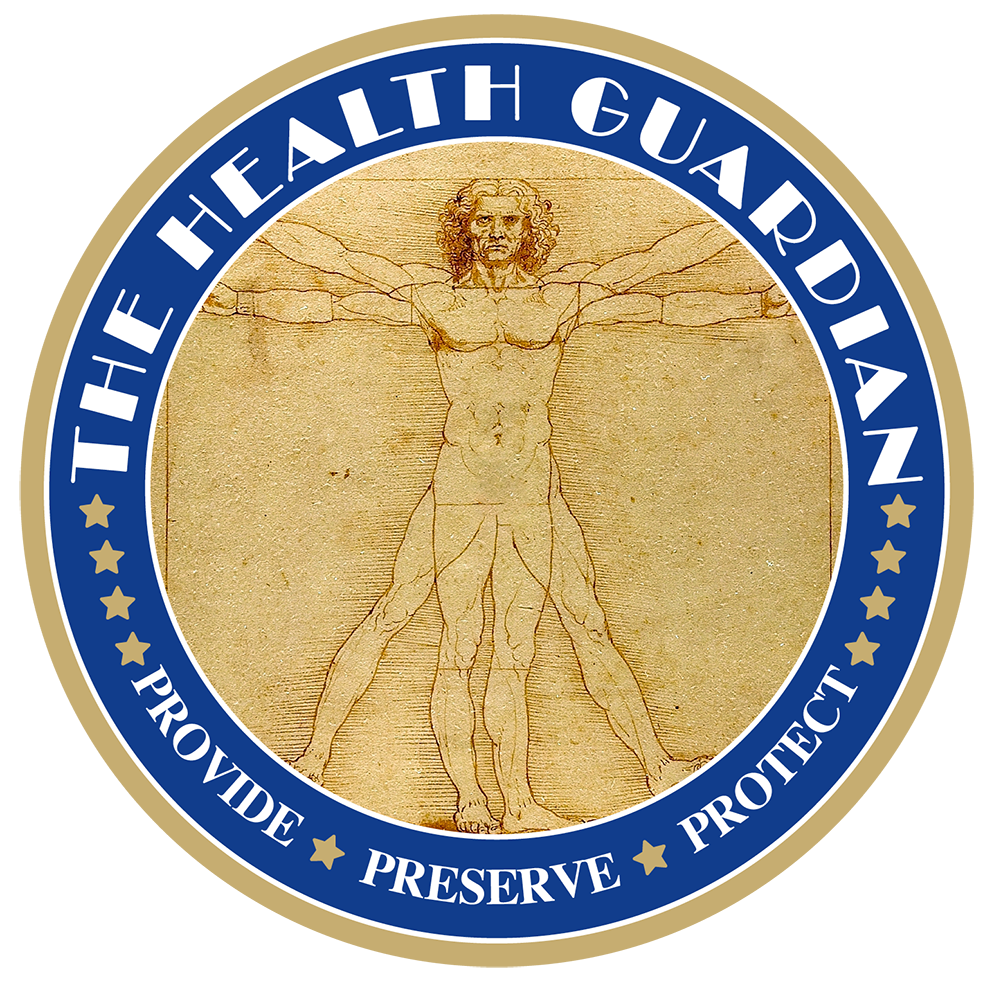
There are plenty of things you can do to keep your heart healthy, like making sure you exercise regularly and get enough sleep, but one of the biggest factors in your overall heart health is diet. Chances are that your doctor and the news have exposed you to plenty of information regarding what foods are bad for your heart, but do you know which foods are truly good for your heart?
At Health Guardian, heart health is one of our major focuses. That’s what we offer products like our CardioForLIfe® supplements and the SmartPulse ANS monitor. But these products can’t do it alone. At the end of the day, your heart health depends on you taking care of your body, and that includes making sure you’re eating foods that will help keep your heart healthy, like:
Omega-3 Rich Fish
Omega-3 fatty acids are well known for their many health benefits. For example, they can help reduce the chances of blood clots, cut down on the risk of arrhythmias, and help to lower plaque growth, triglycerides, and blood pressure. Salmon is the fish with the most omega-3s, but tuna, mackerel, trout, sardines, and herring are good options as well. All of these options are fairly affordable, easy to find, and can be prepared in a variety of ways. Try them grilled, on a sandwich with wheat bread, or thrown into a salad!
Nuts
Many nuts (and nut butters) are a source of the good fats your body needs to stay healthy. Plus, these are the same fats that keep you fully full and satisfied! They are also a good source of certain omega-3 fats and have been shown to help lower cholesterol. Walnuts and almonds are the best nutsto snack on, but cashews and pistachios make good choices as well. Grab a handful for a snack between meals, throw some on top of yogurt, or toss them in a salad for some extra crunch.
Antioxidants
Pretty much all berries are a great source of antioxidants, plus they are filled with vitamins, fiber, magnesium, potassium, and more. Berries can also help satisfy a sweet tooth, making them an excellent alternative to candies and other processed, sugary foods. Blueberries probably have the most antioxidants but strawberries, raspberries, and blackberries are excellent choices as well. You can use them in salads or smoothies, or just eat a handful for a snack. Additionally, and when used in moderation, red wine, red grapes, and dark chocolate can also be good sources of antioxidants.
Oatmeal
This classic breakfast food is full of beta-glucan, a special type of fiber that works to lower your LDL, or “bad”, cholesterol. It’s also a good source of iron, potassium, magnesium, and omega-3s. Aside from eating it for breakfast, you can also use it to top yogurt or to make some delicious, heart-healthy oatmeal cookies.
Beans and Legumes
Beans, lentils, and other legumes are a notoriously good source of fiber, B-vitamins, and protein. They are also packed with niacin, folate, and omega-3s, and a whole bunch of other things your heart needs to stay healthy. Chickpeas, black beans, and kidney beans are three of the best options. Extremely versatile, beans are also super easy to incorporate in stews, soups, salads, chilis, and plenty of other meals.


Olive Oil
Because it is free of saturated and trans fats, olive oil is one of the best options for cooking a heart-healthy diet. It’s filled with antioxidants, can work to lower cholesterol, and tastes absolutely delicious. It’s perfect to use for cooking nearly any type of dish, since it has a high smoke point and doesn’t burn easily. Plus, you can use it to make things like dips and salad dressings much healthier.
Soy
Soy is chock full of protein and can be used in a myriad of ways, especially for vegan and vegetarian dishes. Soy milk, soybeans (edamame) and tofu (soybean curd) all offer the benefits of isoflavones, B-vitamins, phytoestrogens, and plenty of other nutrients as well. Tofu and edamame are great in store fries, soups, and salads, whereas soy milk can make a healthy addition to cereals, smoothies, and protein shakes.
Yellow, Orange, and Red Vegetables
Generally speaking, the more colorful a vegetable is, the better it is for you, and these veggies are no exception. Sweet potatoes, tomatoes, carrots, acorn squash, and red bell peppers are excellent sources of beta-carotene (and other carotenoids), potassium, and a wide spectrum of vitamins and other nutrients. Any of these tasty veggies would be delicious in salads, soups, stir frys, or just roasted with olive oil, salt, pepper, and served on their own.
Green Veggies and Leafy Greens
Fresh spinach, kale, collards, and chard are much healthier salad additions than your basic iceberg or romaine lettuce. Along with broccoli and asparagus, they’re full of vitamins E and C, fiber, folate, and calcium. They can all be used in a variety of side dishes from fresh salads, to roasted veggie salads, to soups.
Orange Fruits
Oranges, along with cantaloupe and papaya are one of the best natural sources of alpha-carotene, beta-carotene, and lutein. They are also filled with vitamins C and B-complex, fiber, and potassium. Combine them all in a superfood fruit salad for the maximum benefit!
Seeds
Specifically flaxseeds and chia seeds are great sources of omega-3s and both soluble and insoluble fiber. Plus they’re super easy to work into nearly any meal. You can simply mix a few teaspoons into your favorite dish or throw them in with a smoothie and you’ll never even know they’re there.
Remember, in addition to the supplements we offer, The Health Guardian has plenty of other resources to help you make your lifestyle a healthier one, from articles and videos to our monthly “Top 5 to Stay Alive” features. And as always, if you have any questions about our products, please don’t hesitate to reach out to us at (630) 961-5145 or by clicking here.
